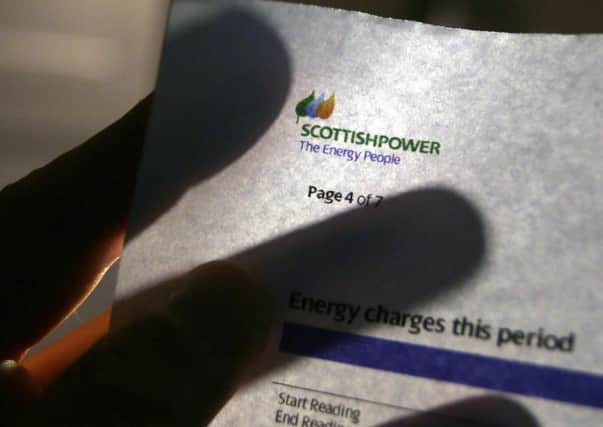MPs warn energy switch sites over ‘duping’ customers


The Energy and Climate Change Committee said some sites had used misleading language to “dupe” consumers into default options only displaying commission-earning deals.
It is calling on Ofgem to consider requiring price comparison sites and other third party intermediaries to disclose the amount of commission received for each switch at the point of sale.
Advertisement
Hide AdAdvertisement
Hide AdAnd it wants sites to use clearer language and show all deals to consumers by default.
Committee chairman Tim Yeo said: “Consumers trust price comparison services to help them switch to the best energy deals available on the market. But some energy price comparison sites have been behaving more like backstreet market traders than the trustworthy consumer champions they make themselves out to be in adverts on TV.
“As an immediate and essential first step towards rebuilding confidence, the companies should compensate any consumers who have been encouraged to switch to tariffs that may not have been the cheapest or most appropriate for their needs.
“We have no objection to commission being paid by suppliers to price comparison websites as long as the arrangements are clearly disclosed.”
Advertisement
Hide AdAdvertisement
Hide AdEarlier this month the price comparison website uSwitch told the committee it would compensate consumers who had been misled into signing up for an energy tariff that was more expensive than others available.
Representatives of the “big five” sites told MPs they earn up to £30 in commission every time a customer switches to a participating provider, or up to £60 when a customer switches both their gas and electricity accounts.
Ofgem launched a consultation on the code governing the sector in August, with the newly revised rules announced last month.
The regulator has banned sites from automatically showing a partial view of tariffs from suppliers paying commission to it.
Advertisement
Hide AdAdvertisement
Hide AdInstead, they must show all those available in the market - unless customers actively choose to see a smaller number of tariffs.
Mr Yeo said: “The current hands-off approach is clearly not working and the lack of contrition from some companies even when faced with proof that they misled customers has convinced us that some form of licensing of energy price comparison sites may be needed.”